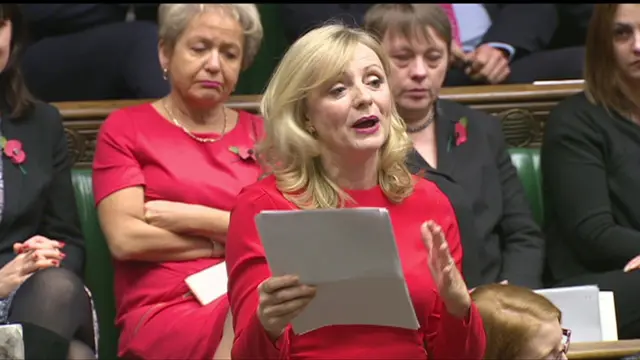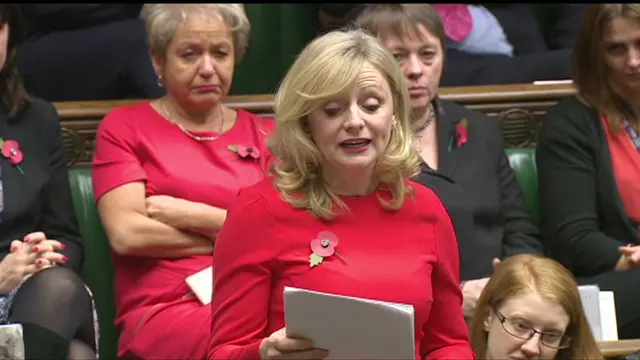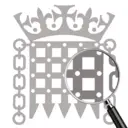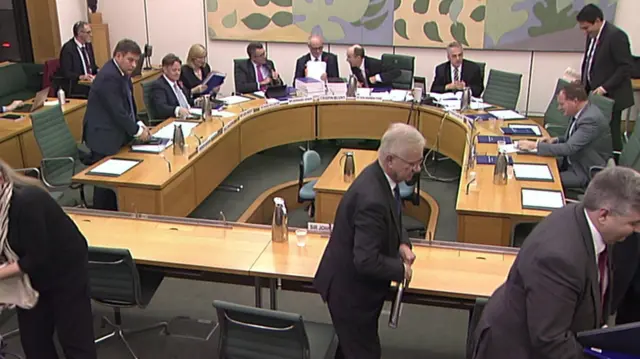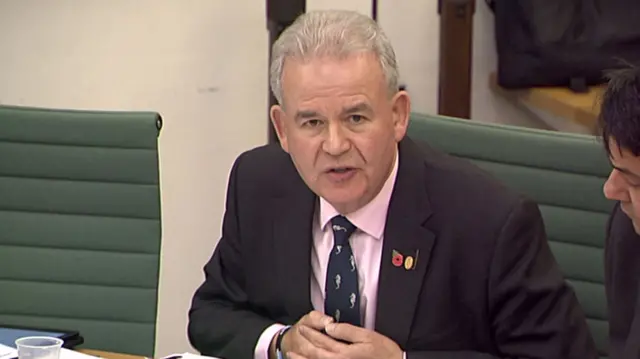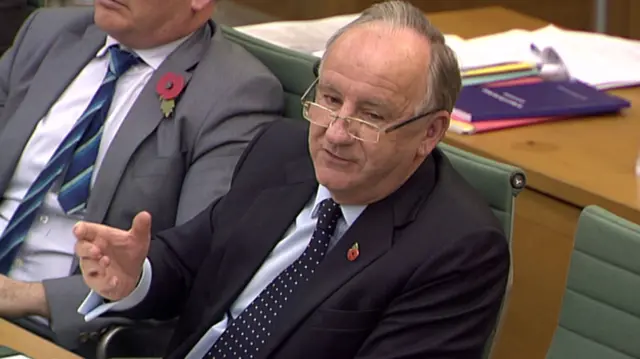Brexit in the High Court: What the legal arguments tell uspublished at 08:20 GMT 3 November 2016
Gavin Stamp
BBC political reporter
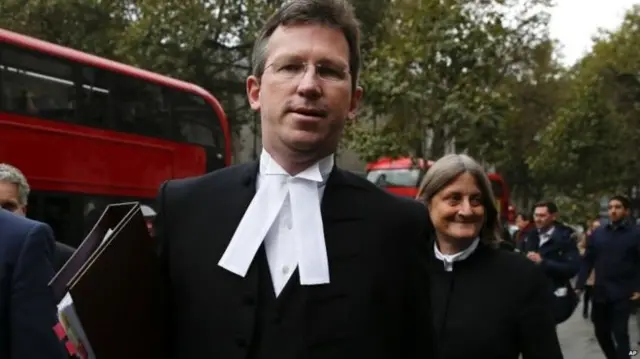 Image source, AP
Image source, APJeremy Wright, the government's most senior legal officer, took centre stage
It lasted three days, brought together some of the country's most eminent legal minds and, in the words of one, considered an issue of "fundamental constitutional importance" to the government, Parliament and the UK as a whole.
Bearing all of this in mind, it is perhaps no surprise that the 582-page transcript, external of the High Court hearing into Brexit, which concluded on Tuesday, make fascinating as well as, at times, gruelling reading.
At stake is the question of whether the government is within its rights to begin the process of leaving the EU - by triggering Article 50 of the Lisbon Treaty - without the consent and authorisation of Parliament.
During the application for judicial review of the government's intended use of prerogative powers to kickstart Brexit, the 23 lawyers on either side of the argument covered a huge amount of ground.
